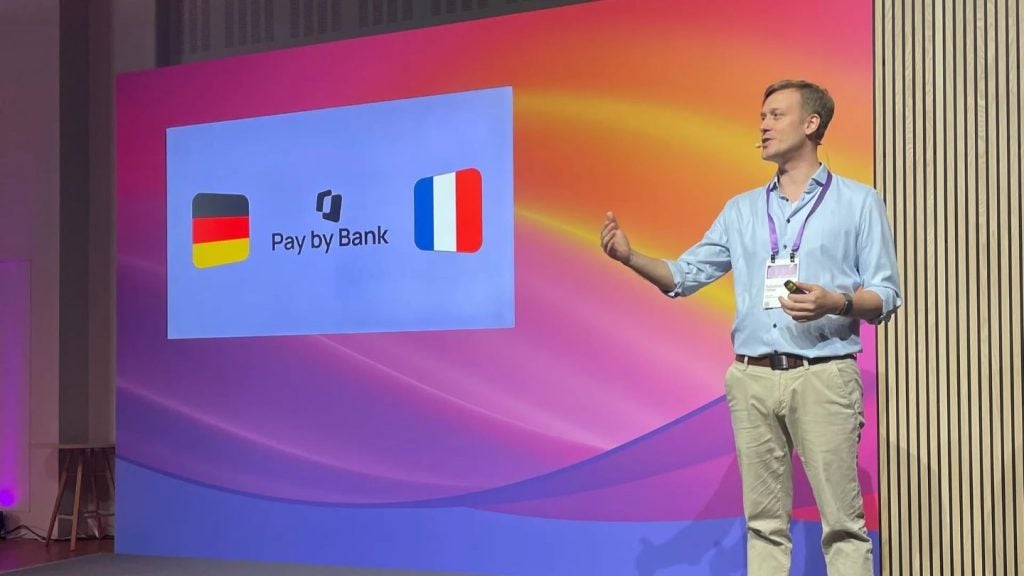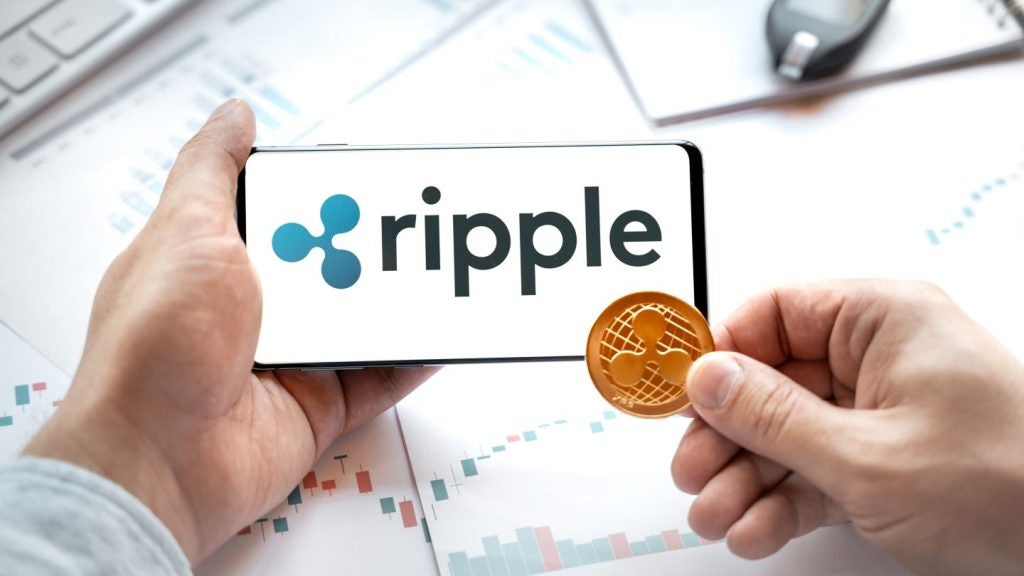The appearance of the Chancellor’s familiar red box last week brought with it the formal announcement that from 2017, UK consumers will see a ‘change in their change’ – a new 12-sided pound coin. Hailed as the ‘most secure circulating coin in the world to date’, its aim is to combat counterfeiting and ‘keep several paces’ ahead of criminals’. Of course, these are laudable intentions, and innovation in the financial services sector is always welcome. But is the investment in developing existing ‘cash’ currency misguided? It seems the BofE is looking at cash, while the rest of the world is looking towards digital money, writes Sascha Breite
It is no secret that the way consumers and businesses want to make payments today has evolved considerably over the last five to ten years. You only have to look to the fast-paced innovation we have seen in the payment sector to see this demand in action – mobile money solutions from Zapp and Weve, great investment in the mPOS market and advances in NFC solutions, while merchants scramble to embrace multi payment channels to include e-commerce and m-commerce offerings.
A report from Mastercard in September last year – ‘Cashless Journey‘ – revealed that the UKis one of the seven countries identified as ‘nearly cashless’. Belgium leads the way, followed by France and then Canada. Yet still we are seeing significant investment in metal and paper money – we are also due to see the introduction of plastic banknotes in 2016.
The new pound is to be modelled on the 12-sided pre-decimal 3-penny piece introduced in 1937, and although this may indeed ‘pay a fitting tribute’ to the past, shouldn’t we be looking forward when it comes to payment technology? Convenience, speed and security are the defining features of payments today, demands that are better serviced by new and innovative payment channels than could ever be possible with metal and paper money.
Certainly, banks have realised that they must cater to a Gen Y customer base, gearing their solutions accordingly to fit in with the connected digital lives of today’s account holders. Although not as swift to adopt new technologies as smaller players and new entrants, great leaps have been made in providing the seamless, connected, personalised journey that the customer demands. With competition and customer retention front of mind post-Vickers account switching regulation, sensitivity around customer experience will be at an all-time high.
The Bank of England should be commended for its innovation, though as we push forward in the digital revolution, I would urge an increased focus on the UK’s cashless infrastructure.

US Tariffs are shifting - will you react or anticipate?
Don’t let policy changes catch you off guard. Stay proactive with real-time data and expert analysis.
By GlobalDataSascha Breite is head of future payments at Six Payments Services







